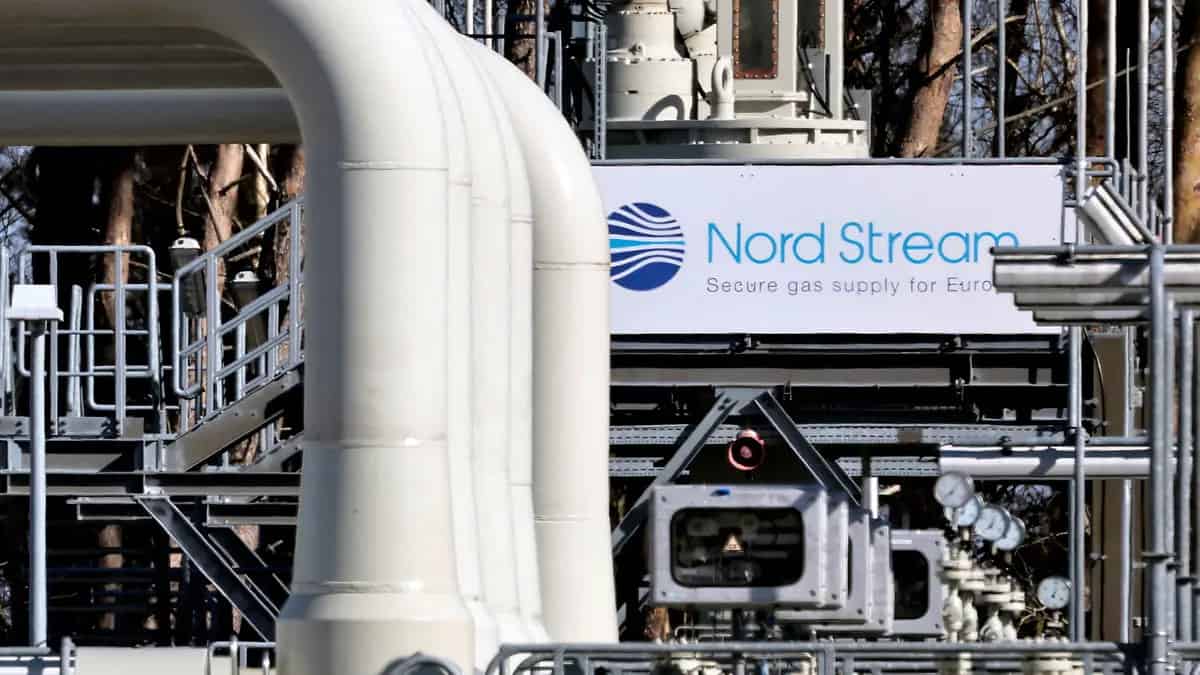“We will support any investigation aimed at getting full clarity on what happened and why, and will take further steps to increase our resilience in energy security,” he said.
European Council President Charles Michel tweeted that “Nord Stream sabotage acts appear to be an attempt to further destabilize energy supply to EU”.
He added: “Those responsible will be held fully accountable and made to pay.”
Sweden and Poland have already said sabotage was the most likely cause of the leaks from the pipelines in the Baltic Sea, with Warsaw suggesting Russia was probably the culprit, to escalate the war in Ukraine.
The Nord Stream 1 and 2 pipelines are strategic infrastructure linking Russia to Europe. While both were not in operation, they contained gas, which the leaks sent bubbling to the surface in Sweden and Denmark’s economic zones.
Swedish seismologists detected “massive releases of energy” just before the leaks, with one telling AFP “there isn’t much else than a blast that could cause it”.








